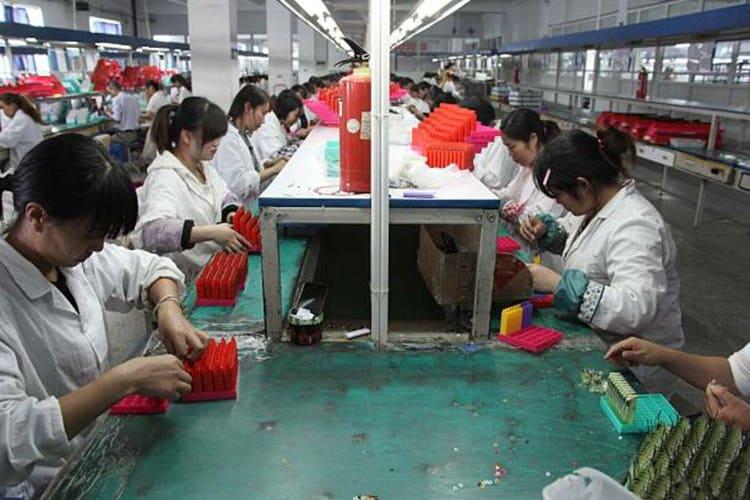- In today’s CEO Daily: Diane Brady on Nvidia and AMD’s deals to give the U.S. government a 15% cut of their chip sales to China.
- The big story: China tariff deal pushed off.
- The markets: Not bad.
- Plus: All the news and watercooler chat from Fortune.
Good morning. I called some CEOs yesterday to get their thoughts on Nvidia and AMD’s deal to give the U.S. government a 15% cut of AI chip sales to China to secure export licenses. Most were surprisingly sanguine about the unusual arrangement.
Corey duBrowa, who is global CEO of communications giant Burson, described the deal as “another novel approach that’s being implemented by the Trump administration as they continue to rewrite trade norms and practices.”
A veteran leader in the manufacturing space described the deal as proof of Trump’s commitment to American manufacturing, adding that the cost was likely worth it. Another U.S.-based CEO called it “brilliant, a tariff that we don’t have to pay.”
But some also raised questions:
What does this mean for national security? Such restrictions are designed to address national security concerns, not raise revenue. Governments typically only make money when penalizing those who break the rules. Could financial incentives put security priorities on hold? Allies are historically able to buy military equipment and sensitive technologies that others are not. Could this further erode trust?
How will this impact trade deals? Many CEOs believe tariffs are here to stay, as America’s trading partners create their own walled fortresses and blocs.
Where will the money go? Export fees and tariffs mean higher costs for U.S. consumers and companies, and higher revenue for the government. Tariffs alone are expected to bring in $50 billion a month. The Nvidia/AMD deals could add another $4 billion to Treasury coffers next year. Will that be used to pay down debt, help consumers, or be spent some other way?
Contact CEO Daily via Diane Brady at diane.brady@fortune.com
This story was originally featured on Fortune.com

 3 hours ago
1
3 hours ago
1









 English (US) ·
English (US) ·